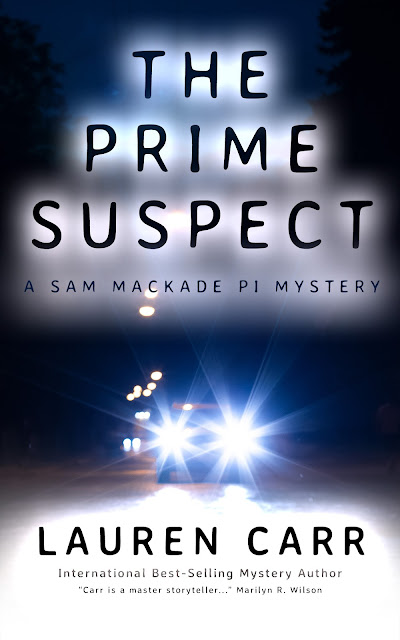The Only Way to Paradise by G.G. Vandagriff (Rated: C)
The Orson Whitney Press
ISBN: 978-0983623212
Published June 6, 2011
Trade paperback, 254 pages
Four women from Oakwood, Ohio decide to ditch their group therapy and fly off to Florence for a month to rediscover themselves and heal. There is Mackenzie whose family is falling apart when her husband suddenly left them six months ago. Roxie is a beautiful journalism professor who shuns men because she thinks they only want her for her J. Lo looks. Sara is a doctor, but she hates her profession and would rather be a violinist but does not want to disappoint her parents. Giorgia, the glamourous violinist, is still coming to terms with the recent death of her husband.
I really liked the setting of Florence, the seat of the Renaissance, and there is a good amount of Medici history explored throughout the novel. This was the most interesting aspect of the book for me. It made me nostalgic for Italy. The story has a slow start as the reader gets to know each character. Each chapter alternates with one of the character's point of view and so there is no main protagonist. There are many characters in this novel and each have their own very complex story.
The author tackles the issues of post-traumatic stress, sexual abuse, bi-polar, depression, and unhealthy dependance--conditions some of the characters suffer from but that the reader discovers only at the end of the novel when the characters finally come to realize by themselves or with the help of a friend what their problem really is. Mental illness is not a trifle issue. I have worked in this field and I know how difficult these conditions are to live with, to accept, to diagnose properly and to recover from. I'm not convinced the author is fully familiar with these sensitive issues. Throughout the novel I felt more like the characters had behavioural issues rather than complex mental illnesses.
For this reason I felt these issues were dealt with superficially and the characters seemed too contrived. Too much going on in this book. It wasn't realistic to me, and I wasn't pulled in. The message that agape (unconditional love) and phillia (sisterly and brotherly love) are balms that heal is true and worthy of exploring, but most definitely more is involved when it comes to mental illness. Usually, there is much anger, mental anguish, lashing out, and emotional breakdown. All this was glossed over a little too easily. Mackenzie finds out her teen son is admitted into a locked down drug rehab center back in Ohio and she can still gallivant in Florence? And her husband comes to realize he's bi-polar? Roxie's new love, Stefano, decides (after doing some reading and Internet research) that Roxie must be suffering from severe post-traumatic syndrome because he suspects she was sexually abused as a child, figuring this out just like that and telling her she needs to have surgery? After knowing her a few weeks? I could go on but suffice it to say, I had a hard time accepting some of the stories.
The author's message is a very good one, that love is the only way to paradise, but acceptance, diagnosis and recovery is never quick or easy with mental illness. It's a long painful process, even when love is involved.
Disclosure: Thanks to the author for sending me this book for review. I was not compensated in any other way, nor told how to rate or review this product.







It does sound like the author tried to tackle way too much with this book.
ReplyDeleteActually, the superficial treatment of these horrible disorders was because they are far too familiar to me, (I have bi-polar disorder as well as severe PTSD) and I think I didn't want to go there. You will be happy to know that after a critique from a professional NYT bestselling author, I am rewriting the novel, fixing the very things you found annoying and superficial. My last book: Pieces of Paris dealt very intensely and perhaps depressingly on PTSD, and my normal reading audience found it too heavy. They like more superficial stuff. I am striving to find a broader reading audience which is why I solicited the help from the women's fiction writer. It is POD, so I can easily change it, and hope to have the new version out in November. Thank you so much for your honest critique.
ReplyDeleteSincerely,
GG Vandagriff
Hi GG,
ReplyDeleteThanks for stopping by and leaving a comment. I'm sure you know you cannot please everyone who reads your book. If you opt for a lighter book to write then perhaps choosing a heavy theme such as mental illness may not be appropriate since you will not do the topic justice. It's okay to write about what you know realistically without trying to tone it down to please those who cannot handle the topic.
It's also refreshing for you as an author to seek advice as you have done so you can improve your craft. I have nothing but the highest respect for authors who strive for this.